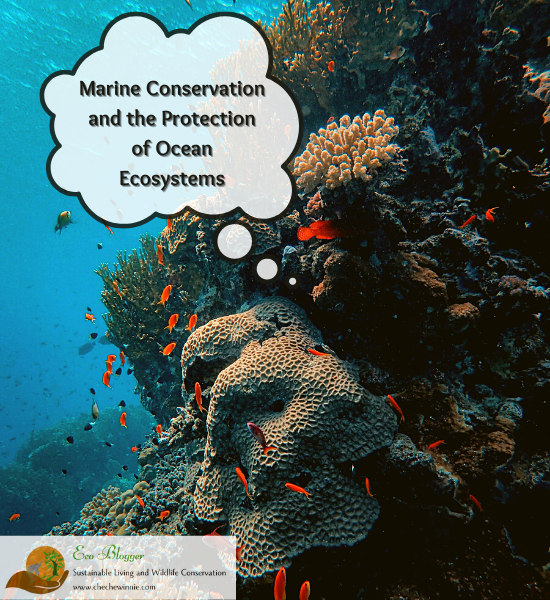The ocean, covering over 70% of the Earth’s surface, is a vital component of our planet’s ecosystem and plays a crucial role in sustaining life. It acts as a regulator of the Earth’s climate, provides food for billions of people, and is home to an incredible diversity of life, including thousands of species that are yet to be discovered.
However, despite its importance, our oceans are facing numerous threats, including plastic pollution, overfishing, climate change, and more, which are having devastating impacts on marine life and the entire planet.
Threats Facing Our Oceans
One of the biggest threats facing our oceans today is plastic pollution
Every day, millions of tons of plastic waste are dumped into our oceans, endangering marine life and contaminating the food chain.
Plastic waste is often mistaken for food by marine animals and can cause injury or death.
For example, sea turtles and other marine animals can become entangled in plastic waste, leading to suffocation or drowning. In addition, plastic waste can also contain toxic chemicals that can be ingested by marine life and enter the food chain, potentially affecting human health.
Another major threat to our oceans is overfishing
The demand for seafood is increasing, and many commercial fishing operations are exploiting our oceans’ resources, leading to the depletion of important fish stocks and disrupting the delicate balance of marine ecosystems.
Sadly, the rare species are always considered favourite delicacies leading to their overexploitation. Hotels, Restaurants, and business people, among others, will go long ways to ensure they get hold of these species without necessarily thinking of their actions. Many have tried farming these species, but the quality dropped and forced to go for the ones in the wild.
As the demand increases, laws protecting these species failing to be implemented leads to declining of these species.
This not only threatens the livelihoods of coastal communities but also has far-reaching impacts on the entire planet, as the loss of key species can trigger a chain reaction that affects the entire ecosystem.
Climate change is also having a significant impact on our oceans
Rising sea levels, ocean acidification, and changing temperatures are threatening the survival of marine life and altering the distribution of species. This can cause changes in the food chain and ecosystem structure, with far-reaching impacts on the entire planet.
The Importance of Marine Conservation
Marine conservation is essential for protecting the health and resilience of our oceans and the species that call them home.
By conserving and protecting marine ecosystems, we can ensure that these important habitats continue to provide a range of ecosystem services, including food, climate regulation, and recreational opportunities.
Marine protected areas are a key tool in marine conservation.
Marine protected areas are designated areas of the ocean where human activities are regulated to protect the ecosystem and its biodiversity. They provide a safe haven for marine life, allowing species to recover and thrive. Marine protected areas also help to maintain the overall health of marine ecosystems, which is essential for the long-term survival of species and the services they provide.
In addition to Marine protected areas, there are other conservation measures that can help protect our oceans and the species that call it home.
For example;
Sustainable fishing practices, such as using selective fishing gear, can help ensure that fish stocks are not depleted, and that marine ecosystems remain healthy and resilient.
Reducing our use of single-use plastics and properly disposing of waste can also help reduce plastic pollution in our oceans.
Conclusion
Our oceans are a vital component of our planet’s ecosystem and play a crucial role in sustaining life.
However, they are facing numerous threats, including plastic pollution, overfishing, and climate change, which are having devastating impacts on marine life and the entire planet.
It is essential that we take action to protect and conserve our oceans so that they can continue to provide essential ecosystem services for generations to come.
Whether it’s reducing our use of single-use plastics, supporting sustainable fishing practices, or advocating for stronger ocean conservation policies.

